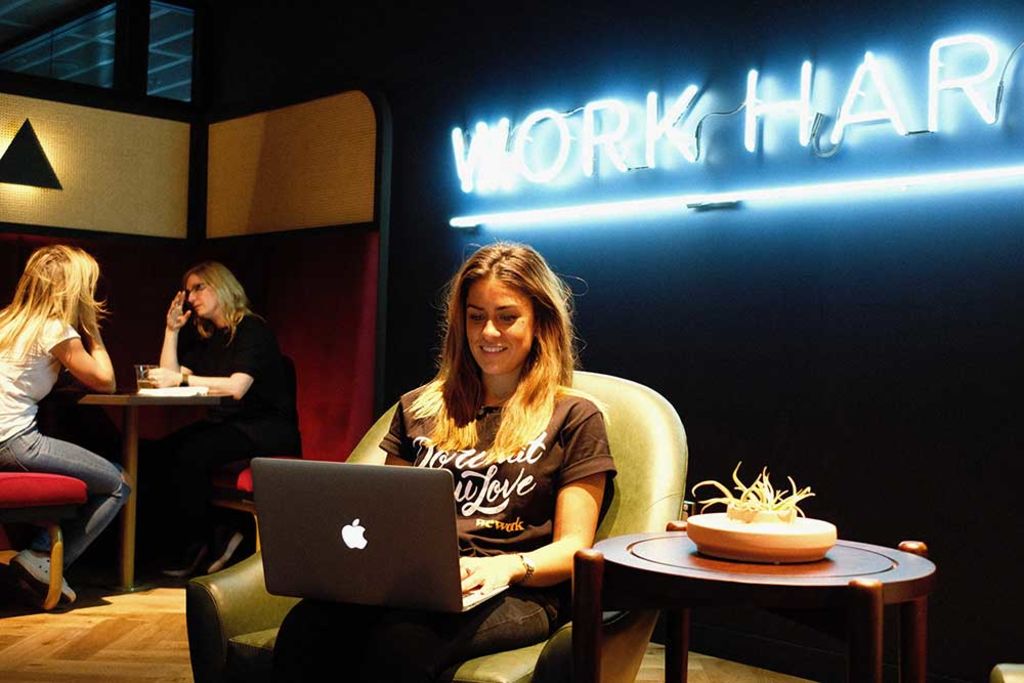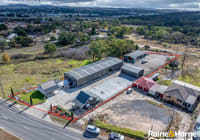
Boom in flexible offices as Australian businesses keep up with new ways of working
Supply of flexible office spaces in Australia has increased by 36 per cent in the past year, according to global office sourcing company Instant Offices, making it one of the fastest growing markets for this type of office space in the world.
The pace of this growth puts Australia ahead of the two global powerhouses in flexible office space – London and New York – and about on par with Hong Kong and the United Arab Emirates.
The figure is not an indication of the overall amount of flexible office space – which can include co-working spaces and other offices offered on short-term leases or rolling contracts – but the rate of new additions to the market, as measured through new listings on the Instant Offices website.
The company, which pairs tenants with offices ranging from co-working spaces to fully serviced offices, claims to be the only global listings agency with the ability to compare each country’s co-working listings volume.
 WeWork’s entrance to the Australian flexible office market gave a big boost to the sector, according to Instant Offices. Photo: Supplied
WeWork’s entrance to the Australian flexible office market gave a big boost to the sector, according to Instant Offices. Photo: Supplied
Instant Offices cites the addition of co-working industry heavyweight WeWork to the Australian marketplace as one of the key reasons behind the jump.
WeWork opened two offices in Australia last year – in Sydney’s Pyrmont and Martin Place – with recently announced plans to open a third in Melbourne’s Collins Street this year.
Melbourne’s co-working culture is the biggest in Australia according to the report, occupying 56 per cent of the 116,955 square metres of space in the main capital cities of Sydney, Brisbane and Melbourne.
The growth story follows recent confirmation from CBRE that net new office supply in Australia was at its lowest point in 20 years.
Globally, inquiries on flexible office spaces have tripled in three years according to Instant Offices, and it’s not just tech companies and small-start ups behind the trend.
Chief executive of Instant Offices, Tim Rodber, recently said that the demand for co-working space was not just coming from tech companies or small startups, but firms looking to add increased flexibility to the mix.
Traditional businesses are increasingly seeking out short-term solutions as the workforce moves towards fixed-term projects powered by contract workers.
“You might have been a big corporate who used to take 15 floors in a tower block, and your business model has changed over the last 10 years. The lease you signed for 15 floors, your head count are doing different things today, the way they work is different, trying to keep these people is different,” he said.
“They bid (on a project) for a year and they win it, and they’ve got to go live in two months, with 40 people. Where do they go?”
 Traditional firms such as the Big Four are starting to delve into the flexible office space, according to Tim Rodber. Photo: Roger Stonehouse
Traditional firms such as the Big Four are starting to delve into the flexible office space, according to Tim Rodber. Photo: Roger Stonehouse
Globalisation, too, is pushing the trend.
“You’ve got large technology businesses coming into the regions around the world saying ‘I might be here for two years, I might be here for three years, I might be here for 20 years and while I figure that out I want flexibility’,” Mr Rodber said.
And efforts by big corporates overseas, including the big four accounting firms, to retain recent graduates could also be set to see the trend continue in Australia.
“We’re doing pilots for Ernst and Young in the UK around co-working environments that we’ve created for them…. because they’re getting 23 an 24 year old accountants who stay for a year and then don’t want to work in a tower.”
Instant Office’s Asia Pacific manager Sean Lynch predicted that the buzz around new openings, such as WeWork, would help to drive future demand for the space.
“From our experience, this type of growth in a relatively young market presages a real shift in occupier preference as the buzz generated by rapid change and the adoption of co-working culture creates more demand from SMEs and corporates alike,” Mr Lynch said.
“We have seen this market movement in London, San Francisco, New York and Berlin, and the growth in key Asia-Pacific cities would denote a similar trend.”










